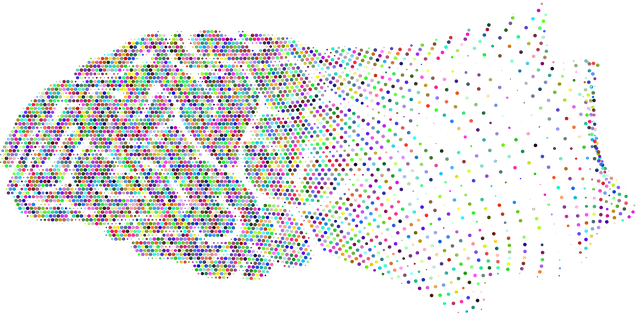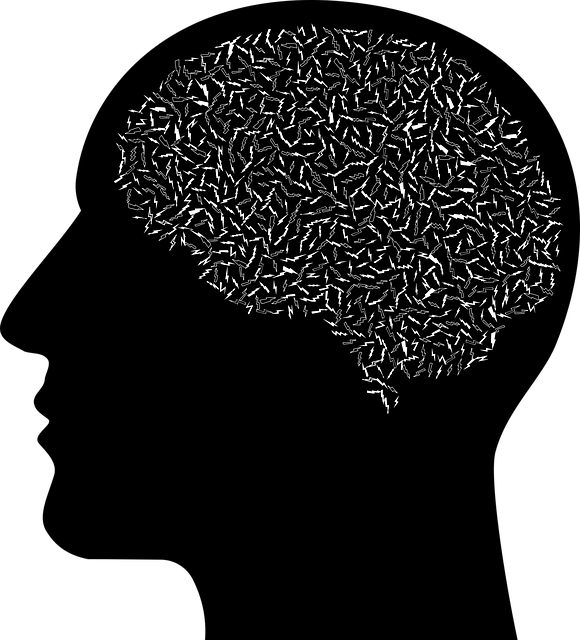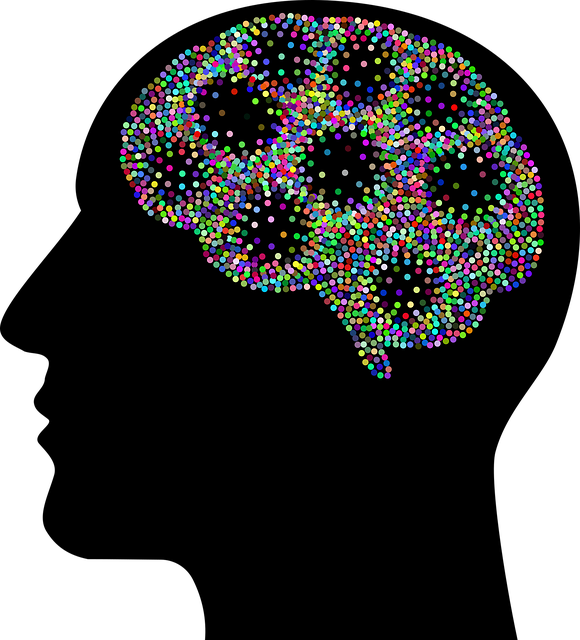Understanding Mental Health Data is crucial for navigating complex psychological landscapes, including Wheat Ridge Post-Traumatic Stress Disorder (Wheat Ridge PTSD) Therapy. The process begins with data collection through surveys, interviews, and observations. After meticulous preparation, therapists can explore trends and patterns to tailor interventions effectively. Analyzing PTSD data offers insights into prevalence, severity, and triggers, enabling targeted strategies. Advanced analytics help professionals understand patients' emotional journeys and track treatment progress. This data-driven approach, guided by evidence-based practices like Mindfulness Meditation, enhances therapeutic outcomes and promotes long-term mental health resilience through personalized care.
Mental health data analysis is a powerful tool in understanding and addressing psychological well-being. This article explores critical aspects of analyzing mental health data, focusing on post-traumatic stress disorder (PTSD). We delve into the process of collecting and preparing such data while highlighting specific strategies employed in Wheat Ridge Post-Traumatic Stress Disorder Therapy. Through interpretation and visualization techniques, professionals can gain insights to deliver informed therapy. By understanding PTSD patterns, healthcare providers can tailor effective care, ultimately enhancing treatment outcomes.
- Understanding Mental Health Data: Collection and Preparation
- Analyzing Post-Traumatic Stress Disorder (PTSD) Patterns
- Interpretation and Visualization for Informed Therapy
- Strategies for Effective Mental Health Care Using Wheat Ridge PTSD Therapy Data
Understanding Mental Health Data: Collection and Preparation

Understanding Mental Health Data is a crucial step in navigating complex psychological landscapes and offering effective therapies, such as Wheat Ridge Post-Traumatic Stress Disorder Therapy. The process begins with data collection, where various methods like surveys, clinical interviews, and behavioral observations provide insights into individuals’ mental states. These raw data points must be meticulously prepared for analysis to ensure accuracy and reliability. This preparation phase involves cleaning the data, handling missing values, and transforming it into a structured format suitable for interpretation.
Effective data preparation allows for a deeper exploration of trends and patterns within the population under study. Techniques like aggregating and normalizing data can bring hidden correlations to light, guiding therapists in tailoring interventions. For instance, integrating Self-Awareness Exercises and Compassion Cultivation Practices may be informed by data analysis, fostering positive thinking and enhancing therapeutic outcomes.
Analyzing Post-Traumatic Stress Disorder (PTSD) Patterns

Analyzing patterns of Post-Traumatic Stress Disorder (PTSD) through data provides valuable insights into understanding and treating this complex condition. By examining trends in PTSD prevalence, severity, and triggers, mental health professionals can tailor interventions to meet specific needs. This involves delving into statistical analyses of patient demographics, trauma types, and the effectiveness of various therapeutic approaches, such as those employed at Wheat Ridge Post-Traumatic Stress Disorder Therapy. The data-driven approach allows for a more nuanced understanding of PTSD, enabling the development of targeted strategies that align with Mind Over Matter principles.
Public Awareness Campaigns Development and Coping Skills Development are also enhanced by these analyses. Recognizing recurring patterns can inform the creation of tailored public health initiatives aimed at early detection and intervention. Moreover, identifying effective coping mechanisms within data can contribute to evidence-based practices, ensuring that treatment protocols evolve alongside emerging research. This integrated approach not only improves individual outcomes but also fosters a more comprehensive understanding of PTSD on a societal level.
Interpretation and Visualization for Informed Therapy

Effective interpretation and visualization of mental health data play a pivotal role in informing therapy practices, particularly for complex conditions like Wheat Ridge Post-Traumatic Stress Disorder (PTSD) Therapy. By employing robust analytical techniques, therapists can gain valuable insights into an individual’s emotional landscape and treatment progress. These insights enable tailored interventions, enhancing the potential for positive outcomes.
Data visualization tools can transform abstract numbers into meaningful narratives, revealing patterns and trends in symptoms over time. This approach facilitates the design of Mental Health Education Programs that are both comprehensive and targeted. For instance, visualizing depression prevention strategies through mindfulness meditation practices can help therapists identify which techniques resonate best with individual clients. Such insights contribute to a more nuanced understanding of effective therapy, fostering continuous improvement in treatment approaches.
Strategies for Effective Mental Health Care Using Wheat Ridge PTSD Therapy Data

In the realm of mental health care, effective data analysis and interpretation play a pivotal role in enhancing patient outcomes, especially for conditions such as Wheat Ridge Post-Traumatic Stress Disorder (PTSD) Therapy. By leveraging structured data from therapy sessions, healthcare professionals can identify patterns and trends within individual patient journeys. This enables them to tailor interventions, ensuring that each treatment plan aligns with the unique needs of the patient. For instance, analyzing emotional regulation strategies used in Wheat Ridge PTSD therapy can reveal which techniques prove most beneficial for different individuals, fostering more personalized care.
Additionally, integrating practices like Mindfulness Meditation and Stress Management into therapeutic routines, based on data insights, can significantly improve patient well-being. These strategies not only help patients develop coping mechanisms but also contribute to long-term mental health sustainability. Through continuous evaluation and adaptation, healthcare providers can optimize therapy outcomes, ultimately enhancing the overall effectiveness of Wheat Ridge PTSD Therapy programs.
Mental health data analysis plays a pivotal role in understanding and treating conditions like post-traumatic stress disorder (PTSD). By examining patterns through methods like those employed with Wheat Ridge Post-Traumatic Stress Disorder therapy data, healthcare professionals can gain valuable insights. This enables more informed decision-making and personalized care, ultimately enhancing therapeutic outcomes. Effective mental health care relies on both robust data collection and sophisticated analysis, ensuring that individuals receive the best possible support for their unique needs.














